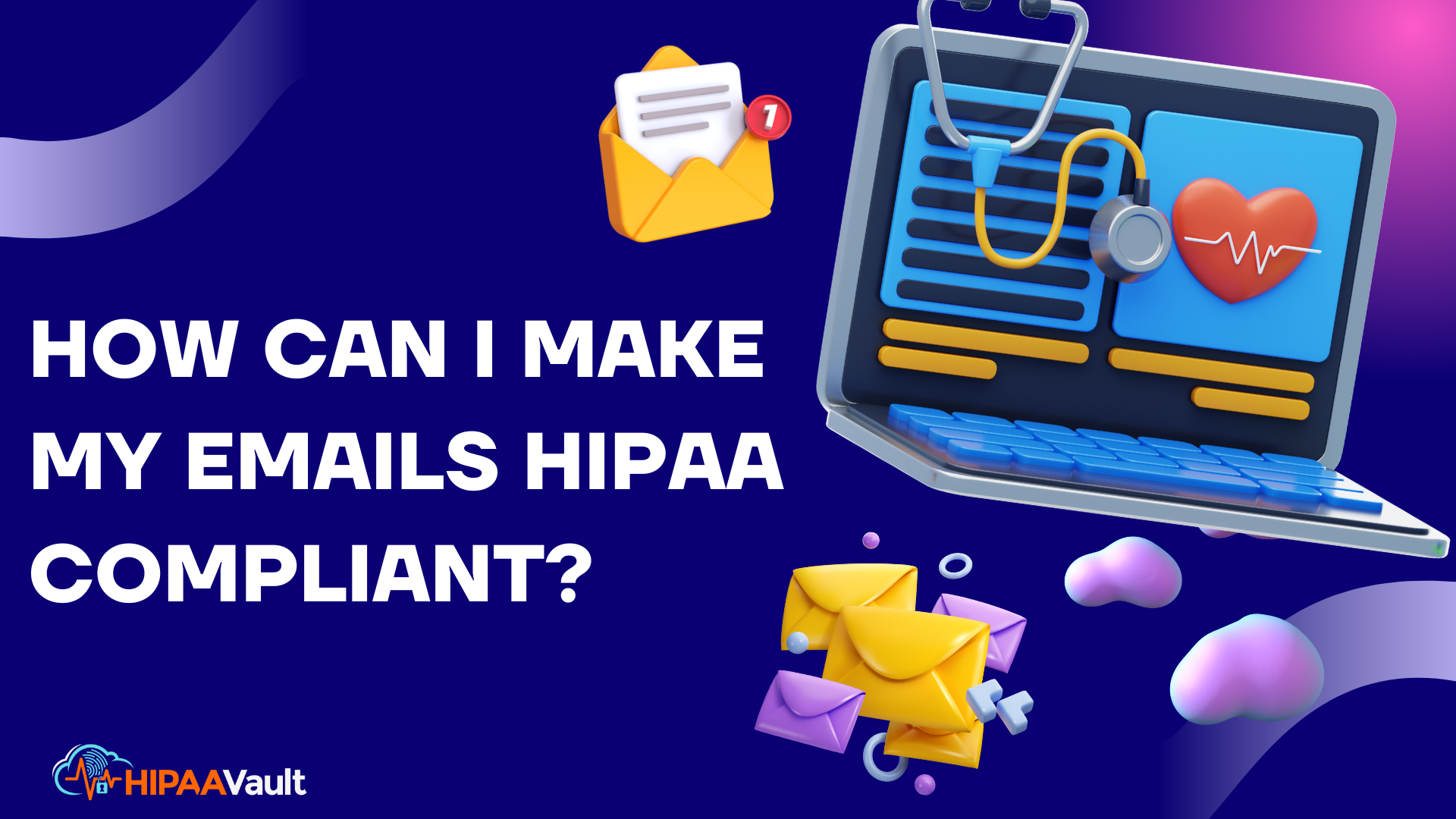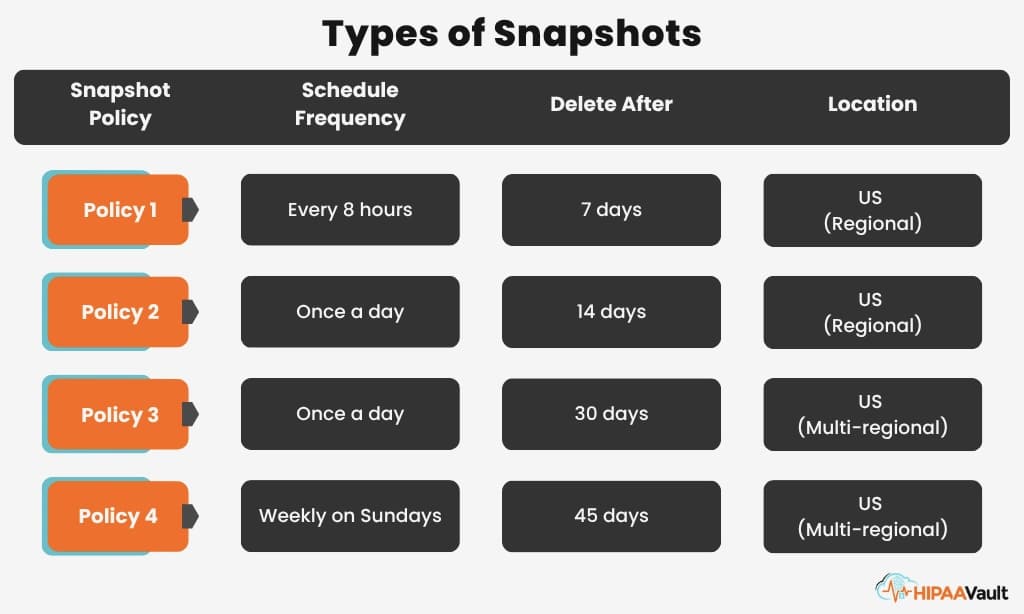In today’s healthcare environment, email is an essential communication tool—but using it to send patient information without proper safeguards can put your organization at risk. The HIPAA Privacy and Security Rules require any platform handling Protected Health Information (PHI) to maintain strict confidentiality and integrity standards. You may be wondering, “How can I make my emails HIPAA compliant?” This guide will walk you through the steps.
How Can I Make My Emails HIPAA Compliant?
At its core, HIPAA compliance for email hinges on three pillars: encryption, access control, and audit logging. Encryption ensures that messages cannot be read by unauthorized parties, both as they travel over networks and when they are stored. Access controls confirm that only permitted users can send, receive, or view PHI. Audit logging keeps a detailed record of email activity, supporting investigations and proving compliance during audits.
Why Email Needs to Be Secured Under HIPAA
Standard email services transmit messages in plain text and often store them unencrypted in various servers and backups. PHI shared this way is vulnerable to interception, unauthorized access, and data breaches. The Office for Civil Rights (OCR) has enforced penalties against organizations that failed to secure PHI transmitted via email, underscoring that unprotected email communication is noncompliant and exposes practices to significant fines.
Understanding HIPAA Email Compliance Requirements
HIPAA itself does not name technologies, but it does specify that covered entities and their business associates must “implement a mechanism to encrypt electronic PHI whenever deemed appropriate”. The HHS clarifies that encryption is an “addressable” requirement—meaning it must be implemented if reasonable and appropriate, or else an equivalent safeguard must be documented. Most healthcare organizations find encryption the most practical and defensible choice for email.
Encryption: The Cornerstone of HIPAA-Compliant Email
Transport Layer Security (TLS) 1.2 or higher must be used to encrypt emails in transit. However, once the message arrives on the recipient’s server or device, TLS no longer protects it. That’s why true end-to-end encryption—where only the sender and recipient hold decryption keys—is considered best practice. Secure email solutions often wrap traditional email in an encrypted container or require recipients to log into a secure portal, ensuring PHI remains encrypted until after user authentication.
Administrative Safeguards and User Best Practices
Even the most robust encryption is insufficient without clear policies and user training. Employees must understand when PHI can and cannot be emailed, how to verify recipient identities, and the importance of avoiding PHI in subject lines. Written policies should define acceptable use, breach response procedures, and retention periods for email logs. Ongoing HIPAA training reinforces these practices and helps prevent accidental disclosures.
Choosing a HIPAA-Compliant Email Provider
Not all vendors offering “secure email” meet HIPAA’s standards. A truly compliant provider will sign a Business Associate Agreement (BAA), ensuring legal accountability for PHI handling. They will offer built-in encryption (both transit and at rest), multi-factor authentication, spam and malware filtering, and detailed audit logs. Managing these requirements yourself can be complex, so many organizations choose a fully managed service.
How HIPAA Vault Ensures Secure Email for Healthcare
HIPAA Vault’s email service goes beyond basic encryption. Our platform enforces TLS 1.2+ and AES-256 encryption for stored messages. Access is controlled through unique user IDs and multi-factor authentication, and every email event—send, open, forward—is logged and monitored 24/7 by our security operations team. A signed BAA covers all services, relieving you of legal and technical overhead.
Ready to secure your email communications and protect your patients?
Explore HIPAA Vault’s Secure Email Solutions








